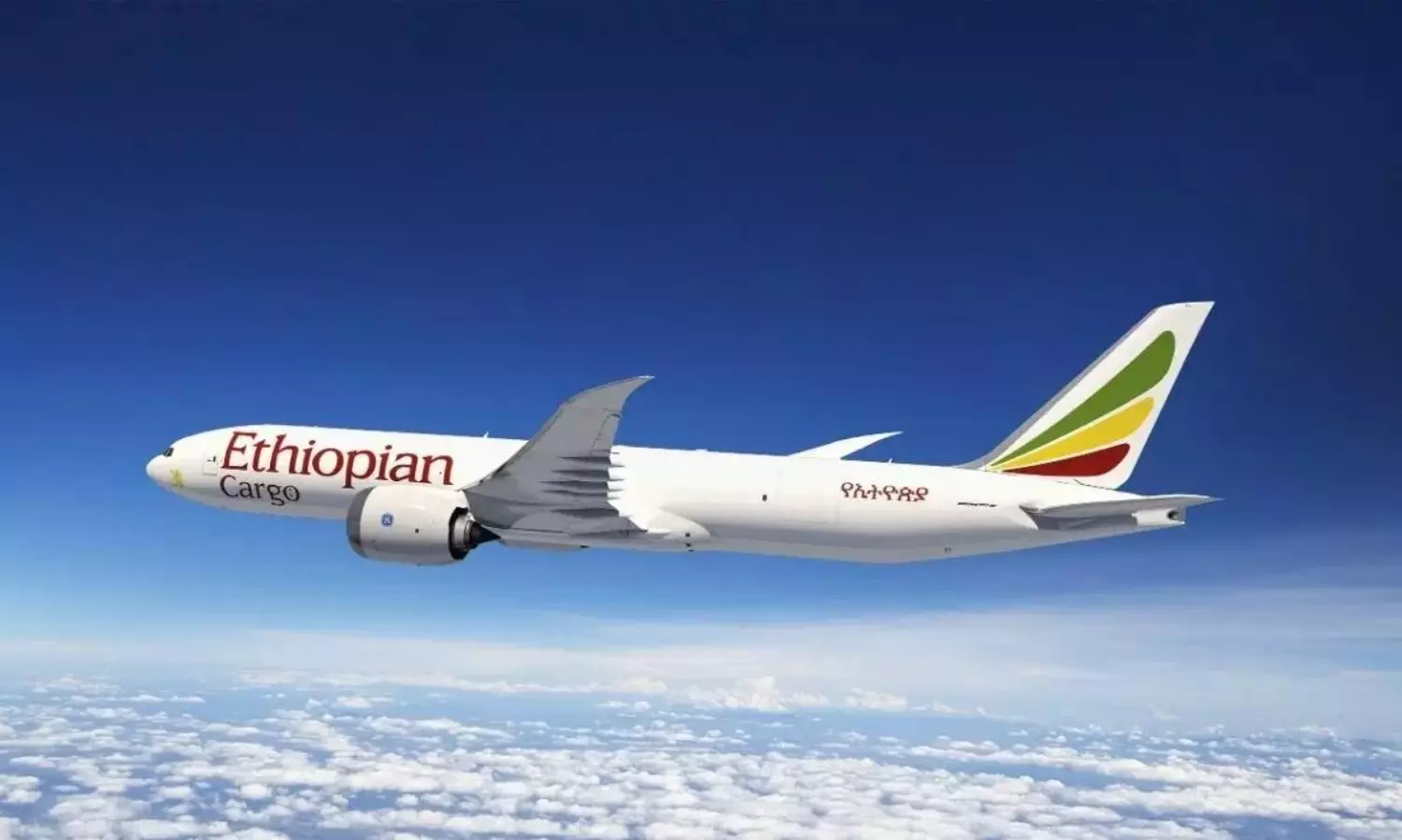African airlines carried 31% cargo in Nov 2023: AFRAA
Since November 2023, traffic carried by African airlines exceeded the 2019 level

African airlines will carry around 98 million passengers in 2024, according to the latest estimates by African Airlines Association (AFRAA).
"Regarding cargo, 149.6 million Kg moved to/from Africa in November 2023, among which African airlines represented 30.8 percent," says an official release.
Since November 2023, traffic carried by African airlines exceeded the 2019 level. "In January 2024, African airlines' Revenue Passenger Kilometres (RPKs) were 2.06 percent above the level of the same month in 2019 while Available Seat Kilometres (ASKs) were 7.1 percent above."
At some major African airports (Johannesburg, Nairobi, Addis Ababa, Lusaka, Cairo, Casablanca, Abidjan and Lagos), intra-Africa connectivity has reached or exceeded pre-Covid level since December 2022, the release added.
"2023 saw an increase in airline revenues and a narrowing of the revenue gap compared to 2022. The full-year 2023 revenue shortfall of African airlines was $1 billion compared to the 2019 full year."
Regulatory/industry affairs
Somalia has taken back control of its airspace management from Nairobi where its airspace control was reassigned in 2018, reflecting its commitment to sovereignty and self-governance. The transition of Somalia's airspace from Class G to Class A marks a significant milestone in the country's aviation sector. The class upgrade means Somalia will now provide Air Traffic Control Services, a crucial step in enhancing safety and operational efficiency.
Zambia has adopted the use of electronic cargo manifests, a forward-looking approach aimed at modernising cargo processing and aligning with international trade standards. The move will expedite cargo handling processes, foster smoother operations, and support the objectives of the trade facilitation agreements.
A similar digitisation move in Cameroon has seen the innovative use of a “Customs Cmr” or "Douane Cmr" mobile app in air passenger processing. This will streamline customs procedures and embrace digital transformation in passenger handling. The result will be efficiency and convenience for both passengers and customs authorities.
Tunisia increased tourism tax for economy and business class travellers to enhance revenue generation for the tourism sector. "The increase, which was without consultation with industry stakeholders, could negatively affect the anticipated tourist arrivals in the country," the release added.
On a positive note, Tunisia has deposited its instruments of ratification of the Montreal Protocol 2014 (MP14) with the effective date of January 2024. "Tunisia has become the 47th party to MP14 which addresses jurisdictional gaps that allow unruly and disruptive passengers to avoid prosecution. AFRAA encourages all African states to ratify this protocol as a deterrent to unruly behaviour on flights and at airports."
A meeting was held in Cologne in January 2024 to address challenges related to GPS spoofing. The event emphasised the importance of pilot training and highlighted ongoing commitment of the global aviation community to addressing emerging threats posed by spoofing. Balancing the adoption of newer technologies with considerations for evolving security challenges remains a critical aspect of ensuring the resilience and sustainability of the aviation sector, the release added.


